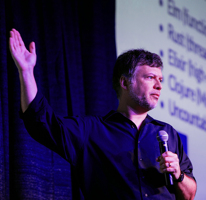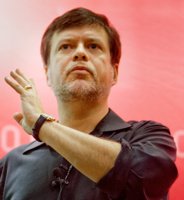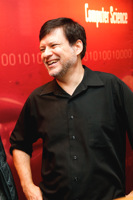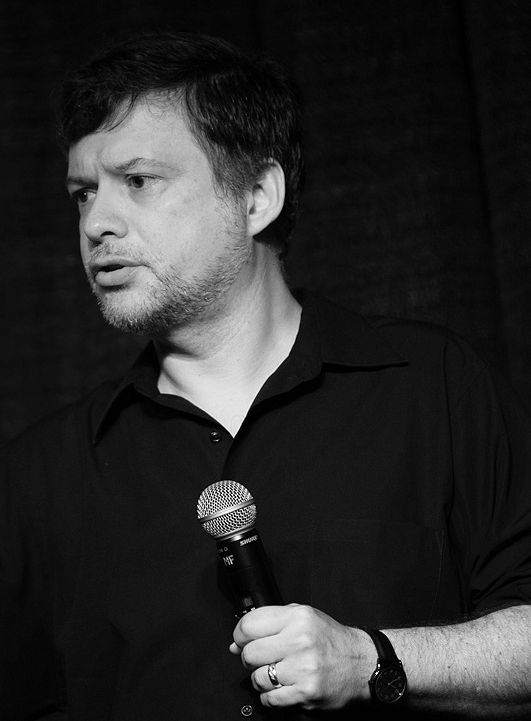Toolshed Technologies
Andy Hunt
Author, Programmer, Musician
New Agile Method announced: SCRAP™
04/01/2014
April 1, 2014 (Raleigh, NC)
A new methodology aimed at reducing defects and increasing reliability in code has been announced. “SCRAP™” is a novel combination of Scrum and XP (eXtreme Programming).
SCRAP™ takes elements from Scrum (the “Scr”) and adds in the “P” from XP, but leaves out the controversial “X” (extreme) elements. The “A” crept in when we weren't looking.
The major innovation in the SCRAP™ method is to take all the code developed at the end of an iteration, and scrap it. Throw it right out. It sucked anyway, you'd be doing the world a favor.
“We've started SCRAPing our code every other Friday, and we couldn't be happier,” said Sue Mee, team lead at Cavus-Totum, a leading full-stack applications consultancy. “Our customers are delighted that we're not bugging them with new releases, and our developers have really blossomed. They are now able to learn all kinds of new techniques that they never would have tried before, because they know it's SAFE to SCRAP the code at the end of each iteration.”
“This is a real innovation,” said Andy Hunt, noted industry observer. “It's a very pragmatic approach to dealing with very real problems. In most cases it really is the best solution to dealing with a huge variety of architectural and process issues.”
Critics say that this approach isn't new at all, and was widely practiced in the early days of software development before version control systems became widely available.
“Github is a real problem with SCRAP™,” said Terry Bull, CTO at Cavus-Totum. “With all that forking going on it's really hard to actually get rid of code completely.”
Despite those difficulties imposed by the modern internet, SCRAP™ is really taking off, with a whopping 97% of companies surveyed by Gaga Group in favor of adopting SCRAP™ for a majority of their current projects.
A conference for SCRAP™ enthusiasts is planned for late in 2014, but details are still being thrown out.


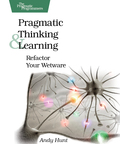
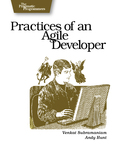
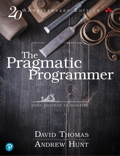
Latest News
-
New article: The Limits of Process
January 25, 2022 -
New article: Habits vs. Practices
January 5, 2022 -
New novel: Weatherly Hall
August 10, 2021 - List All News...
